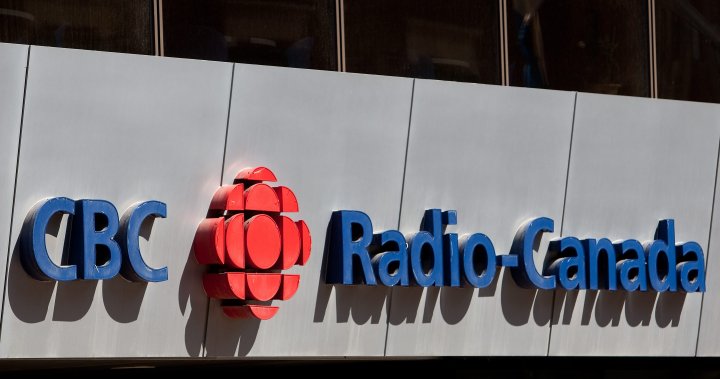Canada
Cutting ads on CBC? Ottawa’s plans for the public broadcaster

Proposal for CBC/Radio-Canada Reform: Enhancing Public Broadcasting
1. Introduction: A New Vision for Canadian Broadcasting
In a significant move to reshape Canada’s media landscape, outgoing Canadian Heritage Minister Pascale St-Onge has unveiled a comprehensive proposal to reform CBC/Radio-Canada. This initiative aims to enhance the public broadcaster’s independence and quality of service. St-Onge’s plan focuses on several key areas: increasing public funding, eliminating advertisements during news programs, and ceasing subscription fees for digital platforms like CBC Gem. The goal is to align CBC/Radio-Canada more closely with international standards and ensure its content remains impartial and accessible to all Canadians. This proposal reflects a broader vision for a robust public broadcasting system that prioritizes quality over profit.
2. The Vision for CBC/Radio-Canada: Stable Funding for Quality Service
Central to St-Onge’s proposal is a commitment to financial stability. She emphasizes that CBC/Radio-Canada currently receives about half the public funding of other G7 nations’ public broadcasters. By increasing this funding, the government aims to elevate the broadcaster’s operational standards and programming quality. This financial boost would ensure that CBC/Radio-Canada can compete with global media giants, producing high-quality content that resonates with Canadian audiences. The proposal underscores a belief that a well-funded public broadcaster is essential for a vibrant democracy and cultural landscape.
3. Changes to CBC’s Practices: A Focus on Accessibility
The proposal also introduces significant changes to how CBC/Radio-Canada operates. St-Onge suggests eliminating advertisements during news programs to maintain programming integrity and reduce commercial influence. Additionally, she proposes ending subscription fees for digital services like CBC Gem, making content more accessible to all Canadians, regardless of income. These changes aim to create a more equitable media environment where quality content is universally accessible, fostering a better-informed public.
4. Commitment to Impartiality: The Core of Public Broadcasting
A cornerstone of St-Onge’s plan is the emphasis on impartial news coverage. She intends to enshrine this principle in CBC/Radio-Canada’s mandate, ensuring that the broadcaster remains a trusted source of unbiased information. In an era marked by fake news and misinformation, this commitment to impartiality is crucial. St-Onge’s proposal reflects a dedication to maintaining journalistic integrity, which is vital for a functioning democracy.
5. Challenges in Implementation: The Road Ahead
Despite the merits of the proposal, significant challenges lie ahead. With a federal election expected soon, the timeline for implementing these changes is uncertain. St-Onge, who has decided not to seek re-election to focus on her family, may not see her vision realized. Her decision highlights the personal sacrifices often made by public figures. The proposal’s fate now rests with the incoming government, which may choose to adopt, modify, or disregard it. For now, the plan remains a vision awaiting action.
6. Conclusion: The Significance of Reforming CBC/Radio-Canada
Pascale St-Onge’s proposal represents a significant step towards modernizing CBC/Radio-Canada. By addressing funding, accessibility, and impartiality, the plan aims to strengthen Canada’s public broadcasting system. While challenges in implementation are evident, the proposal’s importance lies in its potential to create a more equitable and informed society. As Canada navigates the complexities of the digital age, the fate of these reforms will significantly impact the future of Canadian media. This initiative serves as a reminder of the enduring value of public broadcasting in preserving cultural identity and democratic integrity.











